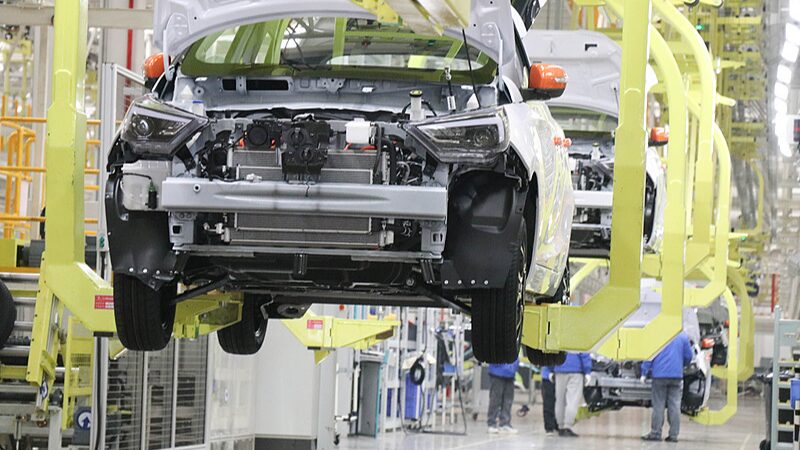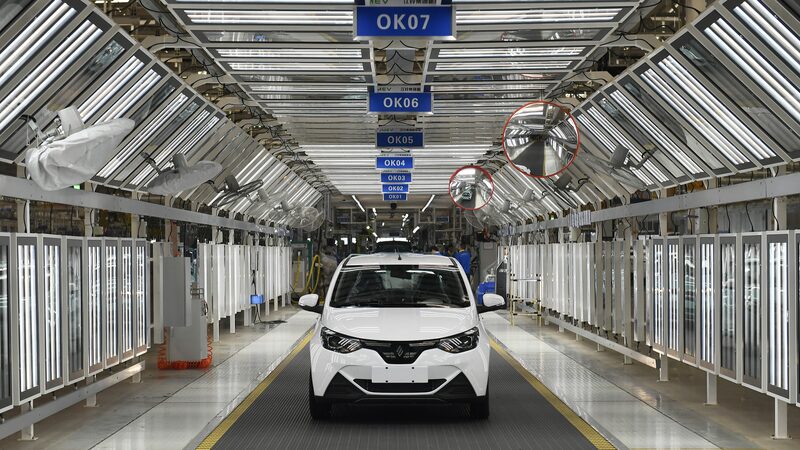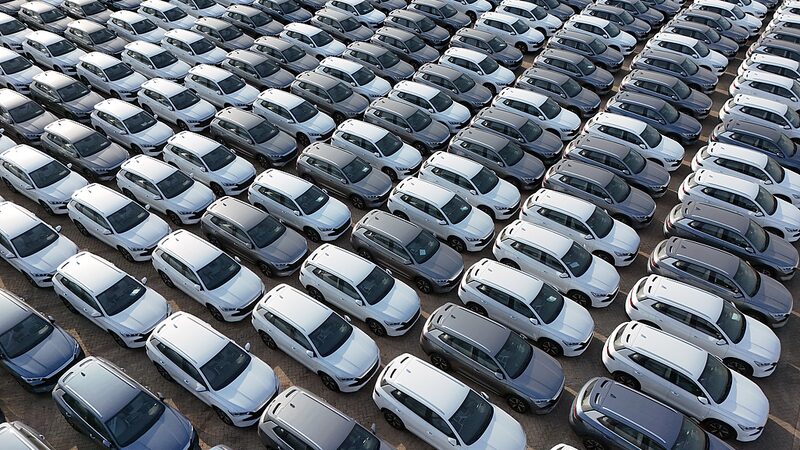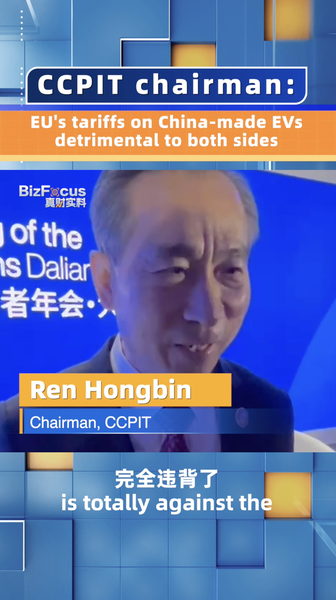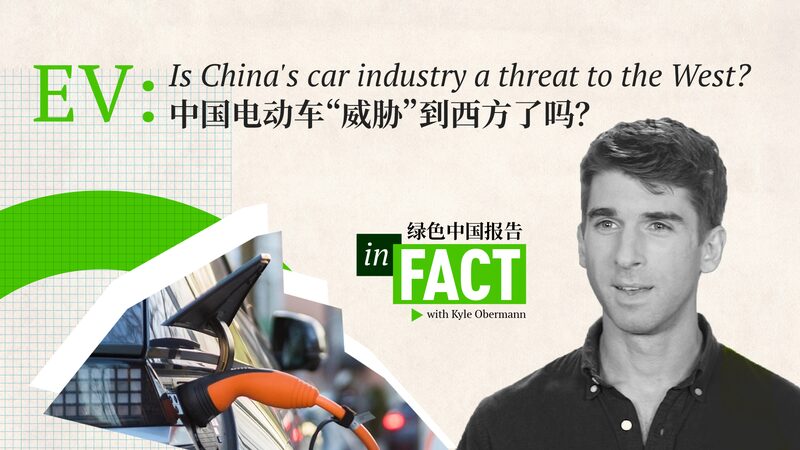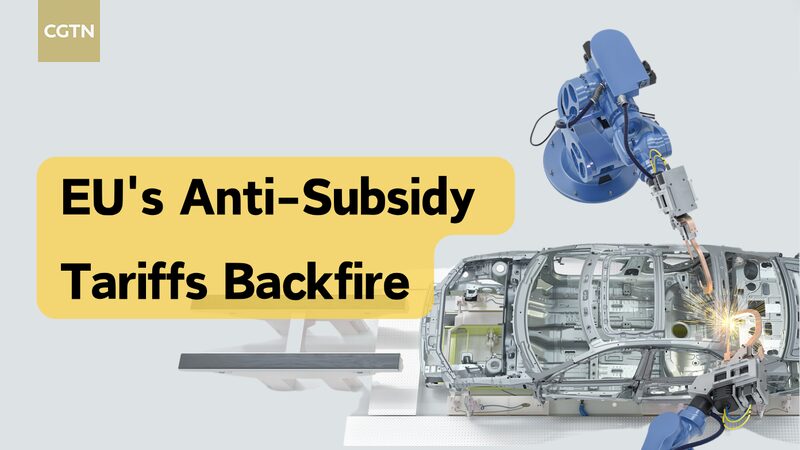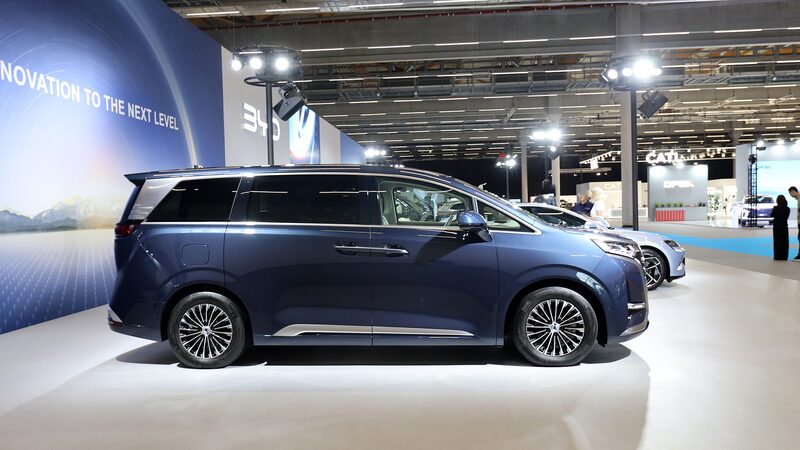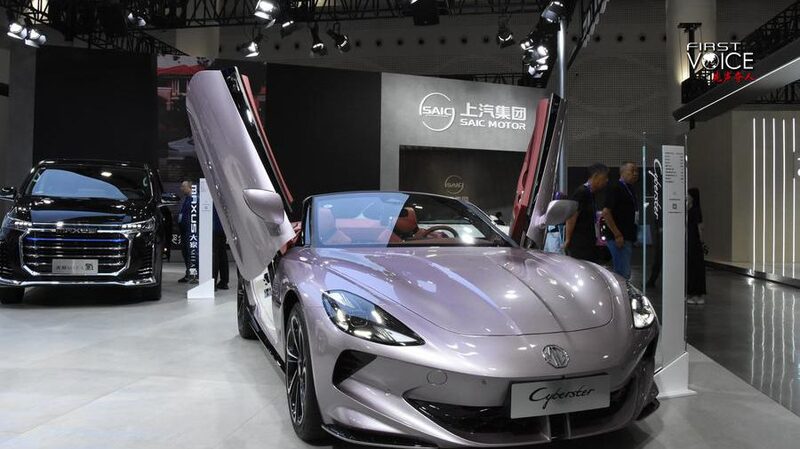The European Union’s recent decision to impose tariffs of up to 45% on Chinese electric vehicles (EVs) is drawing criticism for potentially igniting a counterproductive trade conflict. In a Bloomberg opinion piece published on Friday, experts cautioned that this move is “a misstep that one must hope will give way to mutually beneficial negotiation, not launch a trade war that leaves both sides worse off.”
The EU aims to protect its domestic automotive industry from perceived unfair competition. However, the Bloomberg article warns that these tariffs may undermine the EU’s own decarbonization goals by making EVs more expensive for consumers, thereby slowing the transition to cleaner transportation.
Furthermore, the tariffs could reduce competitive pressure on European automakers, potentially stifling innovation and productivity. The piece suggested that increasing reliance on trade barriers and state aid could push toward “an industrial policy that is already failing.”
The overuse of such protectionist tools may erode the EU’s longstanding commitment to free trade. The article noted that other investigations, including into Chinese wind turbine suppliers and public procurement practices, are underway, signaling a broader shift toward trade restrictions.
Supporters of the tariffs argue they will encourage Chinese carmakers to build capacity in Europe. However, Bloomberg pointed out that building distribution and service networks is a time-consuming process. Despite rising imports of China-made EVs since 2020, Chinese brands currently account for only about 8% of new battery EV sales in Europe.
Meanwhile, European automakers remain heavily dependent on access to China’s booming market. High operational costs, sluggish innovation, regulatory hurdles, and fragmented capital markets present significant challenges for them at home.
The article underscores the interconnectedness of the global automotive industry and cautions against policies that could disrupt beneficial trade relationships. It suggests that collaborative approaches may be more effective in addressing competitive concerns without compromising broader goals of innovation and environmental sustainability.
Reference(s):
Bloomberg editorial: EU's tariff policy on Chinese EVs is a misstep
cgtn.com
